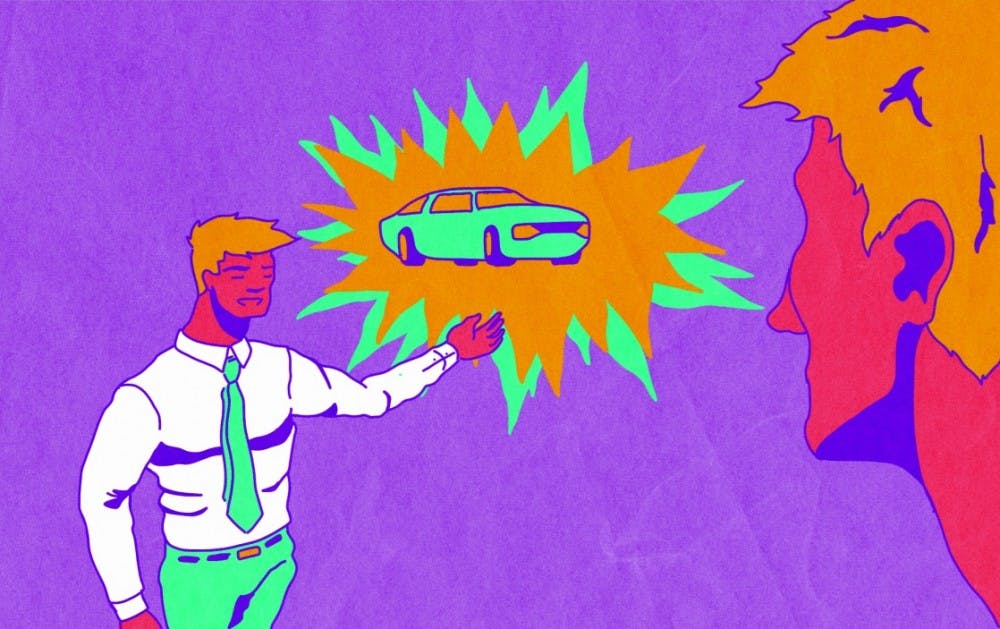Interpersonal interactions are important factors in whether or not people purchase products and services, according to a new study from an associate professor in ASU's marketing program.
The research found that people coming in with positive expectations about a product or service are more likely to perceive the product in a more positive lens, and even if their experience with the product is negative, they are more likely to give it another go if people around them have positive experiences.
"Basically, what we were interested in was how consumers react when they share and compare different personal experiences with the same product or service," said Adriana Samper, the study's co-author and associate professor in the W.P. Carey School of Business marketing program.
“If I bought a product and I expected it to work well and it didn’t work well, then I talk to my friend and she (buys it) and says it worked well, then I’m actually more likely to dismiss my own experience and use the product more favorably," Samper said.
In contrast, people who initially had negative expectations and then also had a bad experience weren't going to change their mind, even if someone else said they favored the product or service
The experiment had 887 participants. For the first two studies, researchers tested ASU students, while the other portion of the study consisted of older adults, tested through Amazon Mechanical Turk's website, in order to more accurately reflect a general population.
The other co-author in the study was Samper's former graduate student Daniel Brannon.
Mary Jo Bitner, professor and Edward M. Carson Chair in Services Marketing, said Samper's research was notable and was featured in a top marketing journal.
She also said some of the research was counter-intuitive, and "therefore helps people to make decisions a little differently from how they would have, had they not seen the research.
“We tend to think in marketing, generally, that negative word-of-mouth is going to be more influential," Bitner said.
She said companies and businesses should focus on positive word-of-mouth to help sell products and services.
Bitner said the study results could especially benefit marketing or business students who are managing company communications.
Syed Ali Hussain, an assistant professor of digital audience engagement, agreed in part with the research presented.
“I think one-on-one conversation, in itself alone is not enough," Hussain said. "It also depends on the content, on the language, (and) on what is being said and how it’s being said.”
Hussain said the research is interesting because it could have large implications on society as a whole.
The bonds, trust and connections built using skills adopted from the study could be applied for many other industries, he said. And they could be purposed to tighten relations between in-groups and out-groups to allow for more collaboration.
“These findings not only have huge implications for industries but also for social issues," Hussain said.
Reach the reporter at ddudurka@asu.edu and on Twitter @DianaPress55.
Like State Press on Facebook and follow @statepress on Twitter.




